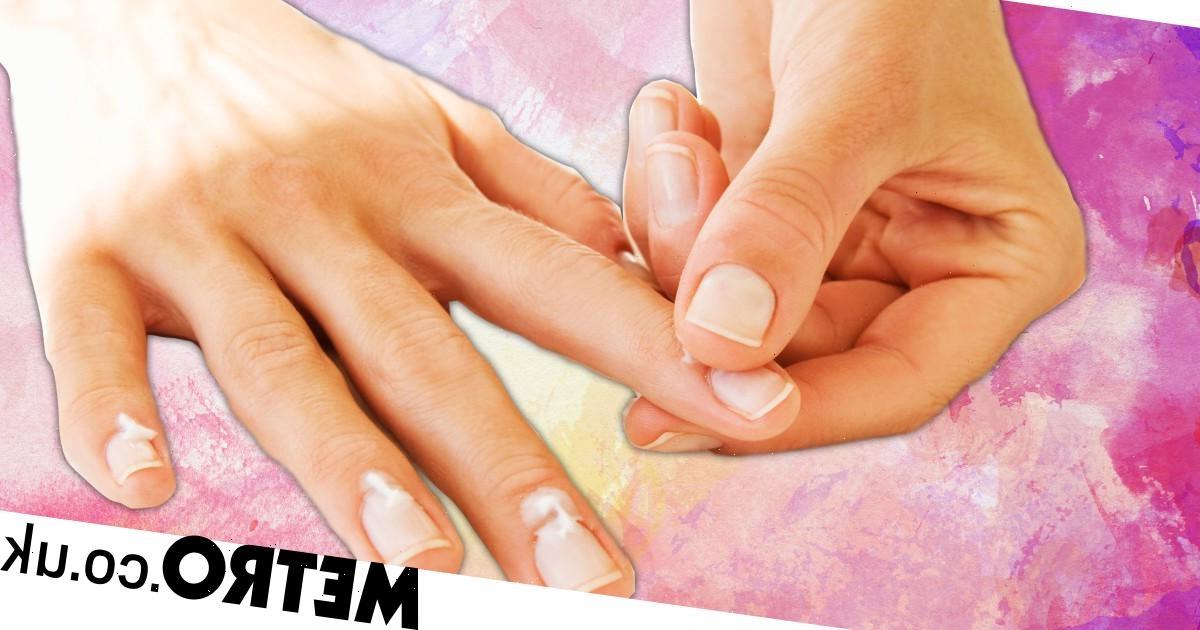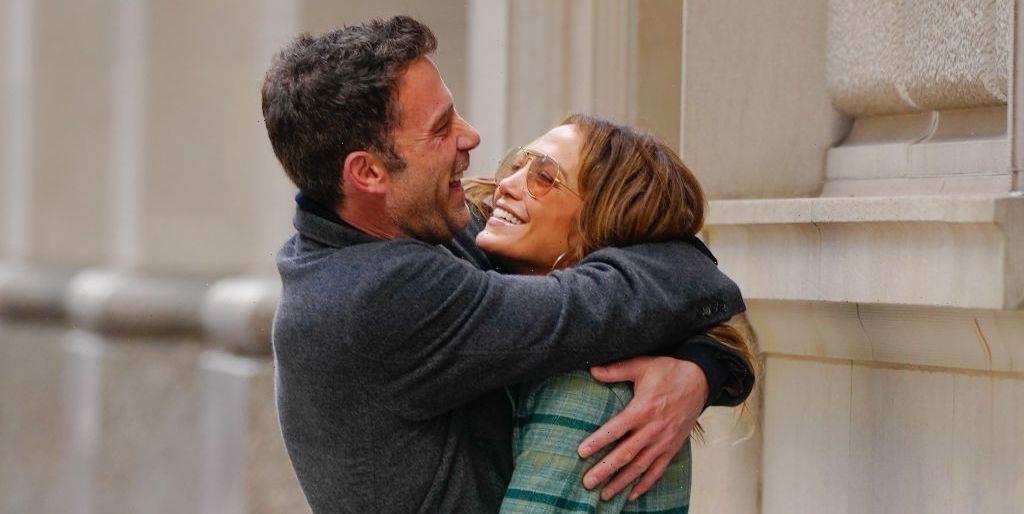WE'VE all been there, on hold waiting to get through to the GP receptionist.
If you're lucky enough to get through, then the receptionist will have to ask you a set of questions – often quizzing you on your symptoms.
One receptionist has now hit back at people who accuse them of being 'rude and power mad', opening up about what their job really entails.
Posting to Mumsnet, the receptionist said that at times the job is hard work, but that it can also be extremely rewarding.
The staff member said she had been working in the role for around 12 years and revealed that it's more than just answering the phone to patients.
The receptionist explained that as well as talking to patients, she also has to deal with chemists and hospitals.
Read more on healthcare workers
I’m a midwife and these are the items I’ve found lost inside pregnant women
I’m a first aider & here’s why giving your child a hot chocolate could be deadly
On top of this she has to process referral request, and file away patient records, take in deliveries and even find time to escort vulnerable patients to their taxis or transport.
She explained that one of the main issues she faces, is patients questioning why receptionists need to know what's wrong with them.
While it might be embarrassing and uncomfortable to disclose your health woes, it's the best way of getting an appointment and also being seen by the right person.
"I never make a clinical decision! That’s a fact. The triage I do is just making sure patients are being booked it with clinician best suited to their needs..
Most read in Health
EYE SEE My daughter’s Covid turned into a nightmare as infection ate away at her skull
Fit dad given months to live after dismissing numb calf as a ‘gym injury’
UK Covid cases up 226,524 in three days as Health Sec says ‘treat it like flu’
I'm a doctor and here's what a faint line on your Covid test really means
"I must add that I always ask 'May I ask what it is regarding or is it personal?' To make it easy to just say personal as is their right", she explained.
She said that when patients answer these questions, it makes it easier for her to direct them to the right medical professional.
The receptionist explained that this is especially important in what could be an emergency.
For example, if a patient called and was struggling to breathe, she would put them on hold and explain the situation to the GP.
"GP makes the decision for either to be booked in or call 999. I then call back regularly to check in to make sure ambulance has been called and reiterate that please call me back if symptoms are worsening or if they are scared.
"If symptoms are worsening or long delays with ambulance I’ll call ambulance service and ask for updates and keep them posted on seriousness of situation", she explained.
'I HAVE NO POWER'
The receptionist highlighted that she can only give an outline of what it's like working in her surgery and that it could be different at other centres in the UK.
She explained that when it comes to allocating appointments, receptionist are trying to help you and aren't trying to stop you from seeing a GP.
"I have no powers at all over the way the surgery is ran nor do I see myself as the dragon gate keeper,' she said.
"I am just the messenger who passes on any messages and leaves the actual clinicians to use their judgement on how to deal with it.
"I’m paid to listen and act upon any concerns that a patient raises.
"Perhaps there are surgeries who actively want a fierce gatekeeper to reduce their own work", she said.
PLAYING CATCH UP
You'll probably be disappointed if you don't get an appointment, and even question what the doctor on duty is doing instead.
The truth is, just like a receptionist doesn't just answer phones all day, the doctor's job isn't just confined to seeing patients.
The receptionist explained that when a GP is not seeing patients, they are usually advocating on behalf of them.
That could be by liaising with ambulance staff, addiction services and even social workers.
She said: "Our doctors do hours and hours of work at home in the evenings and weekends – solely to play catch up.
"When I lock up to go home – doctors are still there!"
The receptionist added that doctors also do a lot of paper work and also have to check blood results that come in as well as doing home visits for some patients.
We pay for your stories!
Do you have a story for The Sun news desk?
Email us at [email protected] or call 0207 782 4104. You can WhatsApp us on 07423 720 250. We pay for videos too. Click here to upload yours
Click here to get The Sun newspaper delivered for FREE for the next six weeks.
Source: Read Full Article









